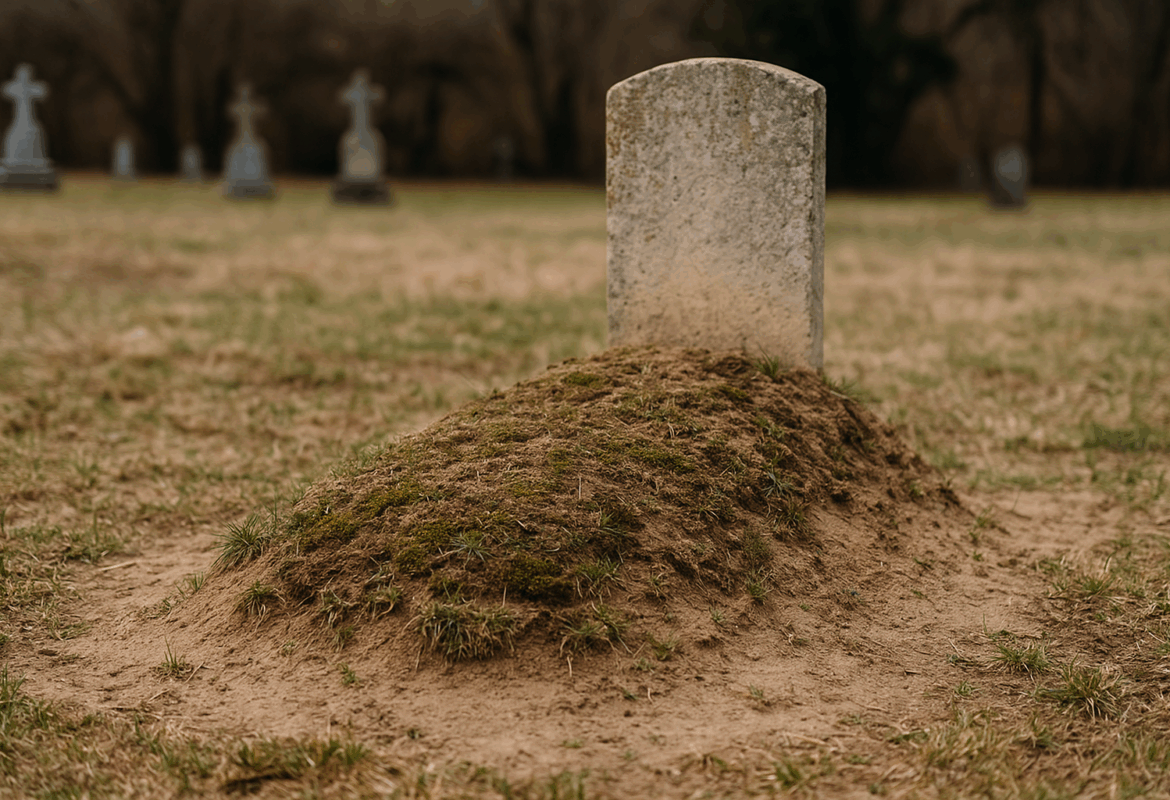The Death of Moses: A Quiet Ending for a Mighty Leader
If there was ever a leader whose life deserved a grand send-off, it was Moses. Think about it—he confronted Pharaoh, parted the Red Sea, and led a nation through the wilderness for 40 years. Yet when the time came for his death, it didn’t happen in front of crowds or in the middle of a celebration of his achievements.
Instead, God buried Moses in secret.
Yes, you read that right.
Let’s unpack this mysterious moment found in Deuteronomy 34—and why it still speaks volumes about leadership, legacy, and humility in today’s world.
What Does the Bible Say About the Death of Moses?
“And Moses the servant of the Lord died there in Moab, as the Lord had said. He buried him in Moab, in the valley opposite Beth Peor, but to this day no one knows where his grave is.”
— Deuteronomy 34:5-6 (NIV)
Wait a minute—God Himself buried Moses? That’s right. Moses, the great lawgiver and prophet, died alone on Mount Nebo. He received:
- No crowds.
- Not a monument.
- No public funeral.
- And no shrine for people to visit.
And that seems… intentional. So what’s the deeper meaning here?
Why Did God Bury Moses in Secret?
While the Bible doesn’t give a specific reason, many scholars and believers have wrestled with this mystery. Here are a few powerful possibilities that shed light on the death of Moses and what it might mean for us today:
1. To Keep the Focus on God, Not the Man
Let’s be honest: if Moses had a marked grave, people probably would’ve built a shrine. Maybe even worshipped there. God may have hidden the grave to protect His people from idolizing Moses instead of continuing to trust in Him.
Modern Takeaway:
In our celebrity-obsessed culture—even in Christian circles—it’s easy to place leaders on pedestals. But faith isn’t about following personalities. It’s about following God.
2. For Humility in Leadership
Moses wasn’t perfect. He made mistakes—including striking the rock instead of speaking to it (Numbers 20:10-12), which cost him the chance to enter the Promised Land. And yet, God still called him “My servant.”
There’s something incredibly humble about finishing well without needing public applause.
Modern Takeaway:
The best leaders aren’t always the loudest or the most praised. They’re the ones who serve faithfully, even when no one’s watching. Maybe that’s the kind of legacy God values most.
3. To Show That God’s Mission Moves Forward
Even though Moses didn’t enter the Promised Land, God’s plan didn’t stop. Joshua stepped up. The people moved forward. The mission continued.
Modern Takeaway:
Our role in God’s story is important—but the story isn’t about us. It’s about Him. We can trust that even when our chapter ends, God’s work carries on.
Applying the Death of Moses to Our Lives Today
So how can this ancient story about the death of Moses shape our modern-day faith?
Here are three takeaways:
- Serve Without Needing the Spotlight.
You don’t need a big platform to make a big impact. Quiet faithfulness can be just as powerful as public recognition. - Let Go of the Outcome.
Moses didn’t get to see the fulfillment of all he worked for, but his legacy lived on. Sometimes, we plant seeds others will harvest—and that’s okay. - Live for God’s Glory, Not Our Own.
In a world chasing likes, views, and trophies, Moses’ secret burial reminds us to seek something greater: God’s “Well done, good and faithful servant.”
A Quiet Ending, A Lasting Legacy
The death of Moses wasn’t flashy. It didn’t trend on any timeline. But maybe that’s the point.
Maybe God is showing us that the greatest legacy we can leave is a life faithfully lived—not one remembered for applause, but for obedience.
So as you journey through your own leadership, family life, or spiritual walk—remember Moses. And remember that God notices the quiet faithfulness others overlook.
Even when the world forgets your name, God never forgets your faith.
Discover more from Making Christ Known
Subscribe to get the latest posts sent to your email.
